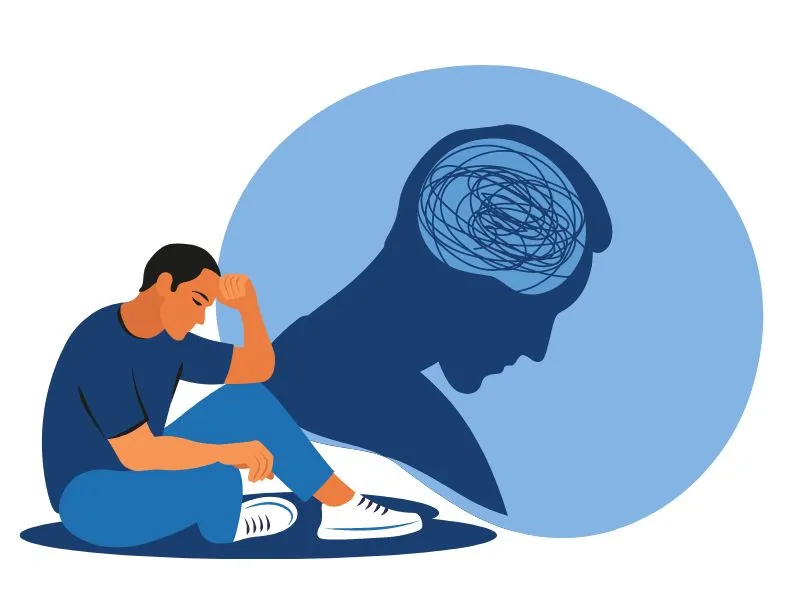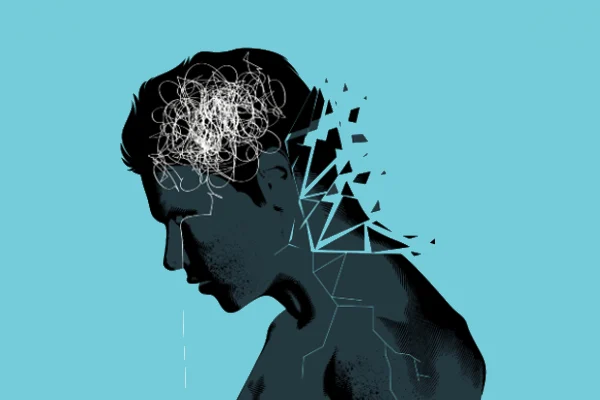The Hidden Cost of Masculinity: Breaking the Silence on Men’s Mental Health
We’ve all heard the phrase, “It’s a man’s world,” and in many ways, it is. Men hold power and privilege in almost every sphere, whether it’s politics, business, or even social dynamics. The structures of our society were built to uplift men, often at the expense of women and marginalized genders.
The inequalities are clear: the other genders are still fighting for equal pay, reproductive rights, and a seat at the decision-making table (Hebl & King, 2019). For them, this world is an uphill battle, a system that’s stacked against them. But there’s a part of this conversation that often gets overlooked: the very system that advantages men also traps them. It’s easy to see how patriarchal structures are harmful to women, but what we miss is how they are equally dysfunctional for men. The privileges of masculinity come at a cost, a cost that doesn’t just affect the people who are excluded from these spaces of power but also those who are supposed to benefit from them. From the moment boys are born, they’re handed a script that tells them what it means to be a “real man.”
Be tough, be strong, be self-reliant. Vulnerability is for the weak; emotions are a liability. This is the message that echoes through locker rooms, boardrooms, and even living rooms. It’s a world where men are expected to dominate, to be providers and protectors, to hold it all together. But behind this mask of strength lies a stark reality: many men are struggling under the weight of their own humanity, forced to deny parts of themselves just to fit into a mold they never chose. The statistics are harrowing: men are far more likely to die by suicide, to struggle with addiction, to face untreated mental health issues, including substance use disorders, impulse control issues, and antisocial personality disorders (Bachmann, 2018).
Men are overrepresented in statistics for violent crime, not because they are inherently more violent, but because society has given them limited tools for processing pain, fear, and vulnerability (Schacht et al., 2014). So, what can be done? It’s not enough to tell men to “open up” or “talk about their feelings.” We need to create spaces where men can be vulnerable without fear of judgment. This means rethinking how we approach mental health from the ground up, both in professional settings and in everyday life. It’s about integrating mental health education into schools, workplaces, and community programs, where boys and men learn early on that seeking help is not a sign of weakness but an act of strength.
The coping mechanisms often available to men are destructive, think alcohol abuse, reckless behavior, or aggression. These are not simply choices made in a vacuum; they are desperate attempts to conform to an image of masculinity that is fundamentally at odds with mental health. Therapy should be normalized, not stigmatized, and mental health support needs to be made accessible without the burden of shame. We also need to challenge the narratives that have confined men for so long, and dismantle dysfunctional ideas and structures of masculinity, for the benefit of both the marginalized and the supposed benefactory. This isn’t just a man’s world. It’s a world that needs all of us, fully alive, fully present, and fully free to be who we are.
Written By : C Sushruthi, Psychologist, Mumbai





Comments
Post a Comment